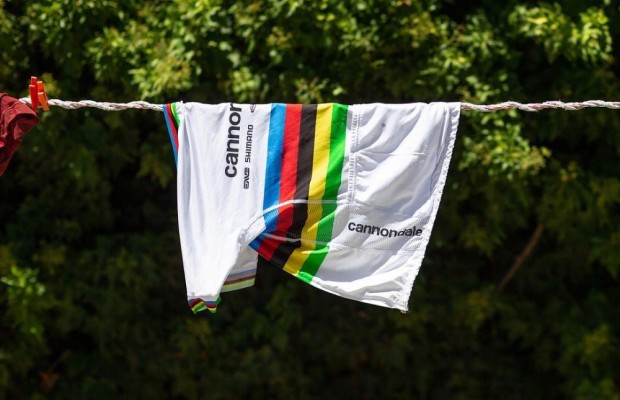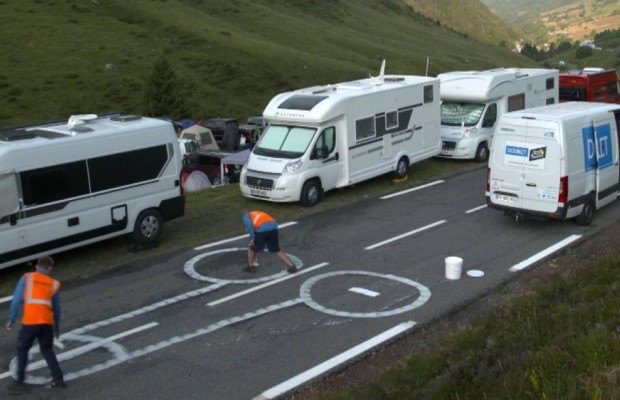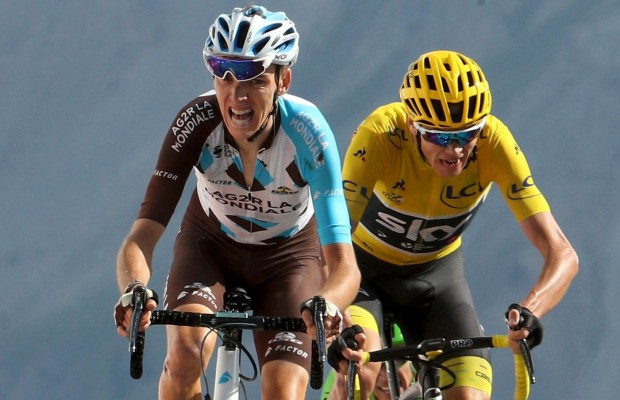What is the blackout period and why we won't see RedBull helmets at the Tokyo Olympics
The Olympic Games is a sporting competition like no other and as such is governed by its own set of rules that sometimes clash with the careers of some or many athletes and teams. The advertising blackout period is one of the most sensitive issues.

The blackout period and sponsors
Rule 40 of the Olympic Charter establishes a "Blackout Period" for all athletes participating in the Olympic Games, which runs from 9 days before the opening to 3 days after the closing ceremony. This Blackout Period could be defined as an information silence and has been a source of tension since 2016.

This period means that no unauthorised advertising branding can be associated with the Olympics, and of course athletes will not be allowed to display such unauthorised branding during this period. Failure to comply with the rule can result in various consequences for the athlete, the most serious of which is disqualification.
This rule generated slight controversy in 2012, with the incipient rise of social media, which intensified in 2016 and we will see what happens in 2024. It seems that the IOC's inability to monitor individual athletes' posts will relax the rule's application somewhat, and we sense that it will only be applied in the most flagrant cases.
RECOMENDADO

The best apps for cycling and mountain biking

How to wash your cycling clothes? 10 keys to make them always look new

The real importance of signing up for a race

This is how they erase the penises that are drawn on the roads of the Tour de France

How to lose body fat? Differences between losing weight and losing fat

When must the tubeless tire sealant be replaced? What quantity?
The big problem is that this rule can negatively affect athletes as some of these brands are the ones that pay for the whole season. Even today, in mountain biking and other sports, we see that athletes have several layers of sponsorship that coexist. The most representative case is that of RedBull, in which case cyclists can change teams and sponsors, but RedBull accompanies them on the sidelines.
In 2017 we already experienced an episode of confrontation (outside the Olympics) when Jenny Rissveds, the Swedish cyclist, was involved in a contractual clash that prevented her from competing with her national team showing some brands, as it conflicted with the sponsors of her then team, SCOTT SRAM.
That's why we won't see any of RedBull's iconic helmets in the mountain bike events at the Tokyo Olympics, nor will RedBull be able to report on its athletes' participation in any of the events. The same goes for hundreds of other sponsors.
This is also the reason why many of the cyclists who are very active on their social networks decrease or delete the number of their posts these days.